|
Stroke rehabilitation works on promoting neuroplasticity, the process required to create changes in the brain that lead to improvements in function post- stroke.
Don’t expect it to happen overnight. It’s a process which requires weeks to months, often years and a lot of hard work from both the therapist and the client. Its common to get stuck, and feel that progress is too slow or that you have plateaued in our recovery. Here are some tips to help get un-stuck and to make steps to move forward again in your stroke journey:
What is the point of picking up some weights or doing strength training?
Strength training not only gets us stronger, but also makes us more sturdy on our feet and can provide the following benefits:
Why wouldn't you want to give it a go? Strength training comes in many different forms. It's not always about having to go to a gym. It can be working with bands at home or body weight. It can be yoga or pilaties classes. It is about doing more than whole body exercise such as walking, swimming or cycling. Its about targeting specific muscles to build strength and power. These are both common symptoms if someone sustains a concussion.
After a brain injury, our sensory systems can become overloaded and sensitive to both light and/or sound. As the brain is having to use energy to heal due to the concussion, it takes extra energy to process bright lights and loud noises. This is why complex environments (such as the mall, supermarkets, etc) that have bright lights and lots of noise can be overwhelming, because it overwhelms the brain and nervous system. As a result, people with concussion can become very fatigued as the body is trying to process so much all at once. If you are sensitive to light, try wearing sunglasses or a cap where you know there will be bright light, both indoors and outdoors as needed. You can also try coloured lenses, such as blue light glasses which at times can help with headaches. If you are sensitive to noise, try using earplugs or earmuffs/noise cancelling headphones to help reduce the intensity of sound in complex environments. Theses are switch stratergies which can help alleviate symptoms, however it is important that you are working with your therapy team to treat these symptoms. Such as vision exericises or desensitisation programmes for noise. What is your low hanging fruit?
Improving your health and working on recovery and rehabilitation means working on many areas of your life, often all at the same time. Some things are more complex and require a lot of time and investment and some things are easier to start working on, to get under control. Often working on these things first can help set you to be more successful in the long run, and have a positive effect on the more complex things you need to be working on. For example, if you are working on recovery from a concussion, some of your low hanging fruit may be the basics of managing your sleep, hydration, diet, stress, and daily routine. Getting these few things under control, will likely set you up to be more successful in other areas such as getting back to work, fitness, improving cognition, balance and vision. Everyone is on their own journey and has their own tree with their own fruit. You need to be aware of what your low hanging fruit are. Gain awareness of what these are, and work on getting them right and you may well find that some of higher pieces of fruit will fall into place. Stance phase of gait
When we work on standing on one leg or putting more weight through one leg that has contact with the ground, we improve our walking speed, step length, leg strength, balance and so much more! If you have poor balance and/or have some difficulty or reduced confidence when walking, chances are we will work on this in the clinic with you! Having strong, stable legs is key when wanting to improve your walking and balance. Improving stance phase of gait helps too:
Working on stance phase of gait allows to provide a solid stable leg to advance the other limb forwards and is a great place to start with improving walking ability. |
�
Categories
All
Archives
July 2023
|
|
Contact Us
Give us a call or send us an email to find out how we can help you on your rehab journey Phone 09 424 3254 [email protected] Visit us 3/55 Karepiro Drive, Stanmore Bay, Whangaparaoa |
Cancellation Policy:
Out of courtesy to your therapist, and other clients who may be waiting for an appointment, please inform us of cancellations as soon as possible.
Cancellations Charges: Short notice cancellations within 48 hours of your appointment or reschedules will incur a late cancellation fee of 60%.
For block bookings, one session will be deducted for three cancelled appointments.
Please be aware that ACC does not cover all cancelled appointments.
How to Cancel Your Appointment
If you need to cancel your appointment, please call us at 09 424 3254 between the hours of 8am – 5pm. If necessary, you may leave a detailed voicemail message. We will return your call as soon as possible.
Late Cancellations/No-Shows
A cancellation is considered late when the appointment is cancelled less than 48 hours before the appointed time. A no-show is when a patient misses an appointment without cancelling. In either case, we will charge the patient a 60% missed appointment fee.
Out of courtesy to your therapist, and other clients who may be waiting for an appointment, please inform us of cancellations as soon as possible.
Cancellations Charges: Short notice cancellations within 48 hours of your appointment or reschedules will incur a late cancellation fee of 60%.
For block bookings, one session will be deducted for three cancelled appointments.
Please be aware that ACC does not cover all cancelled appointments.
How to Cancel Your Appointment
If you need to cancel your appointment, please call us at 09 424 3254 between the hours of 8am – 5pm. If necessary, you may leave a detailed voicemail message. We will return your call as soon as possible.
Late Cancellations/No-Shows
A cancellation is considered late when the appointment is cancelled less than 48 hours before the appointed time. A no-show is when a patient misses an appointment without cancelling. In either case, we will charge the patient a 60% missed appointment fee.

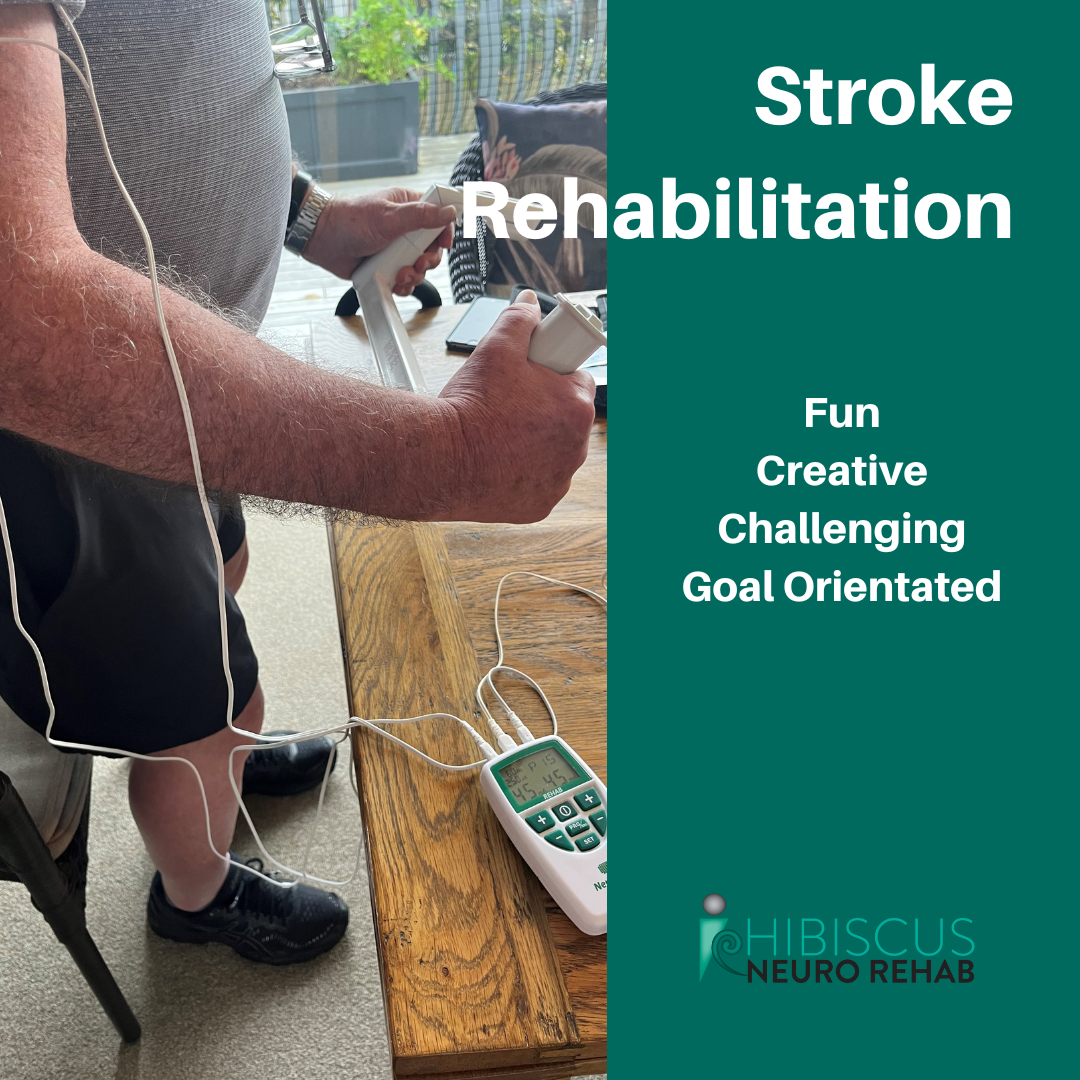
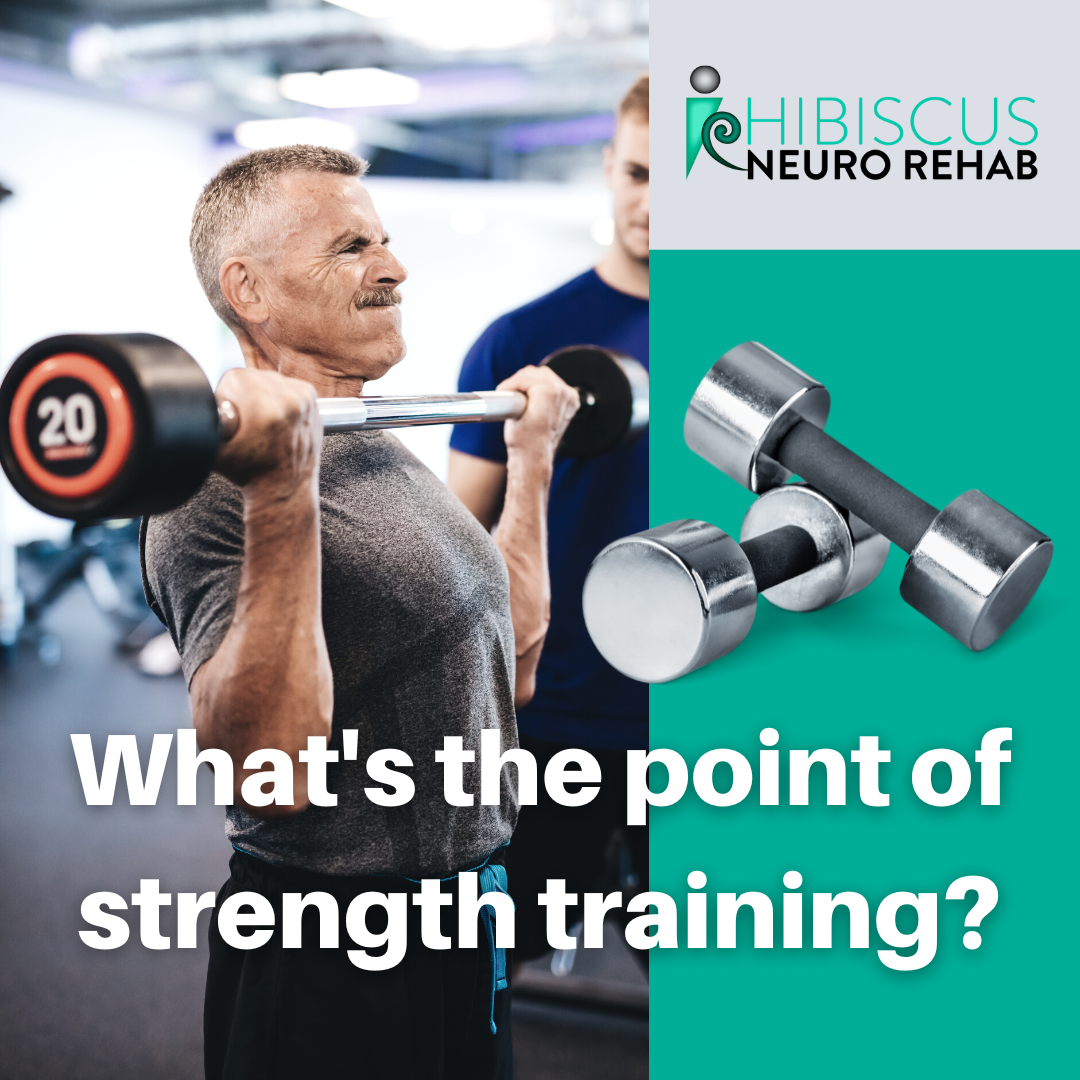
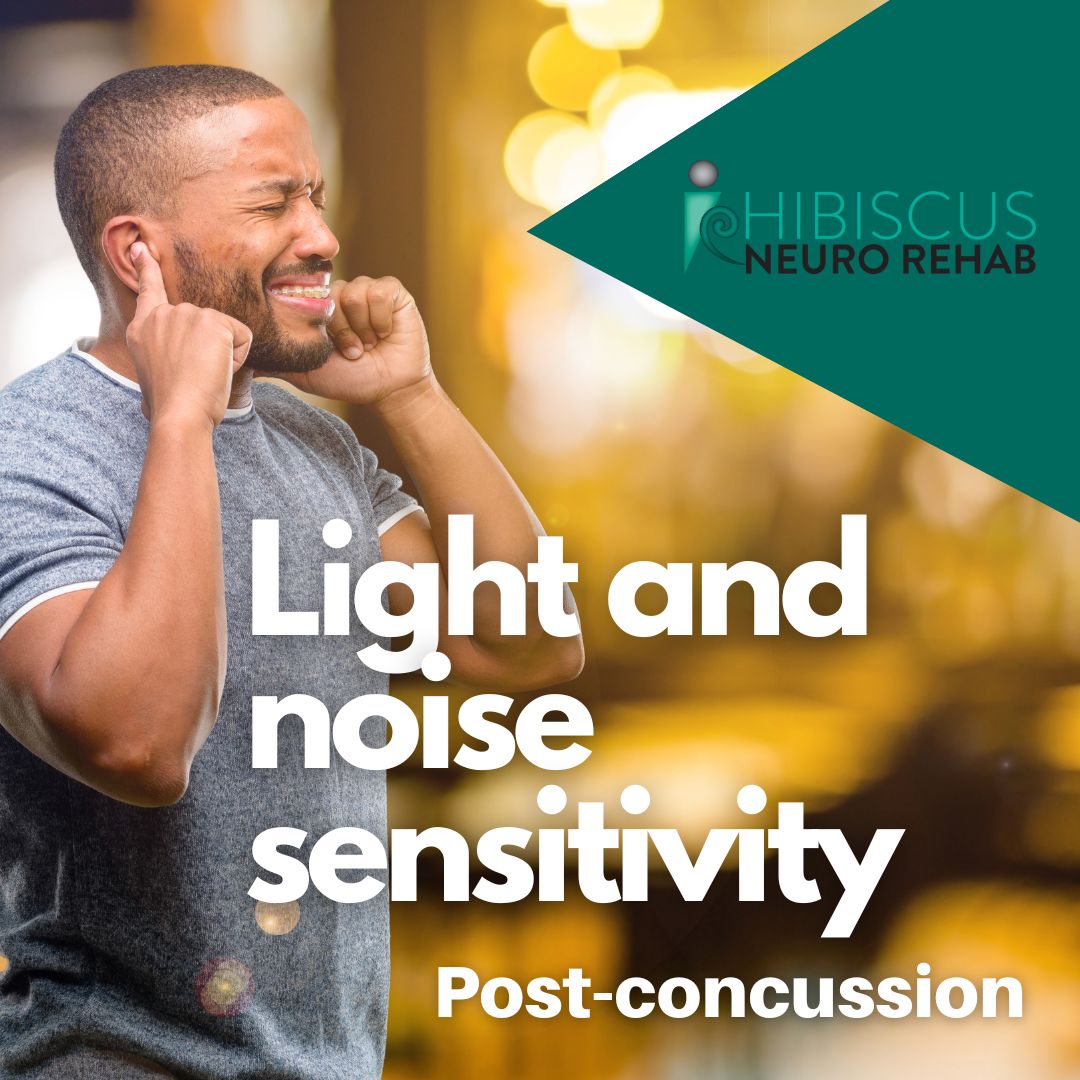
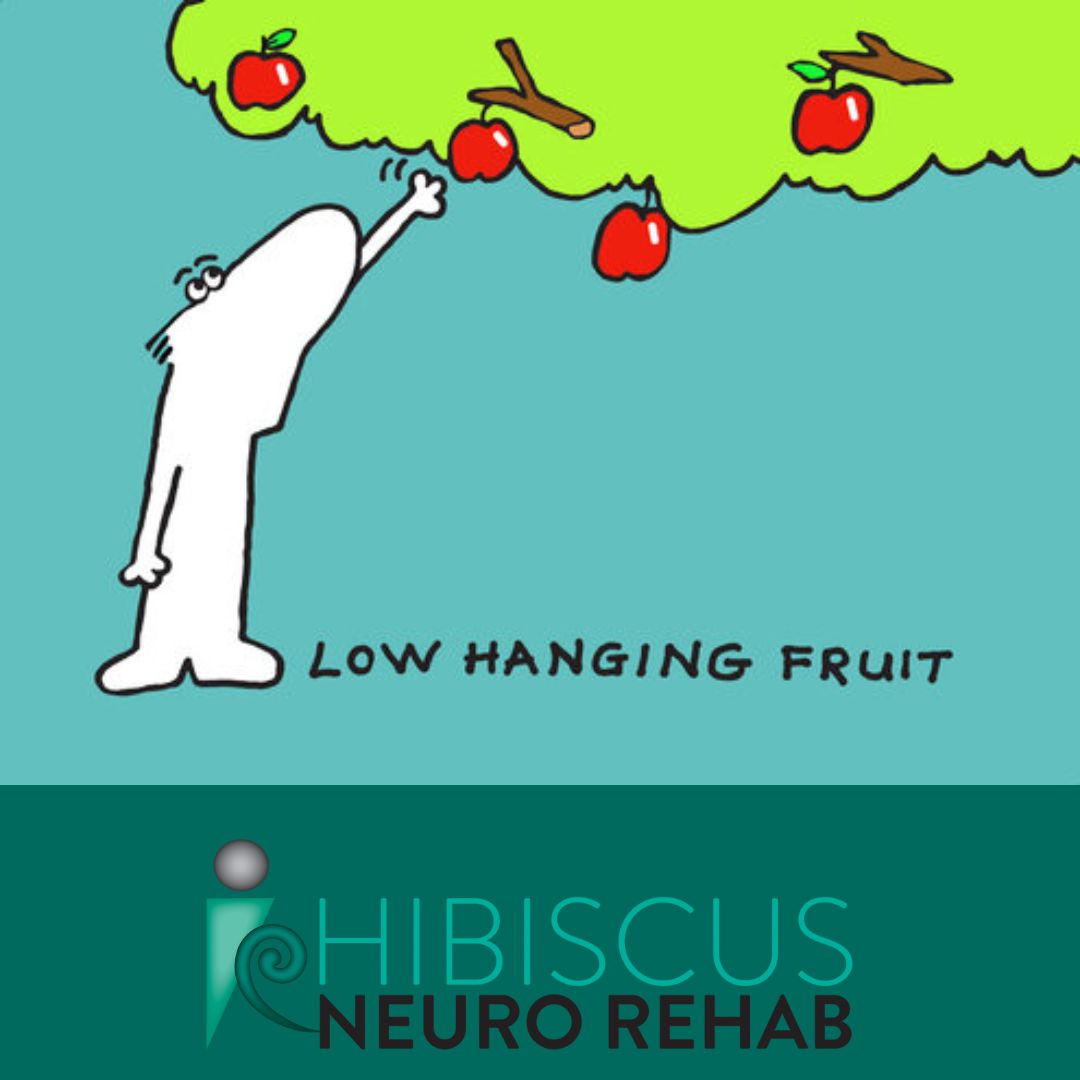
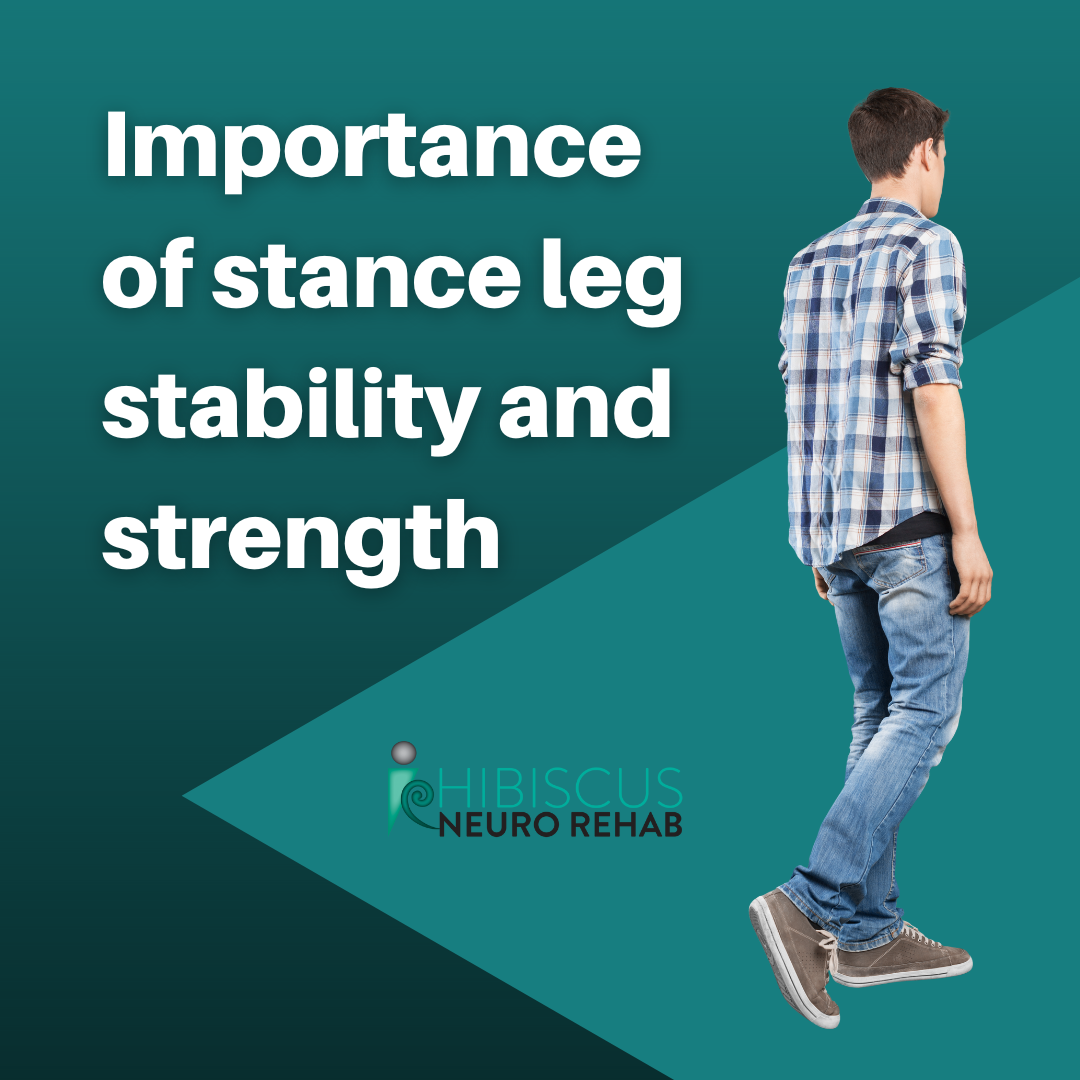
 RSS Feed
RSS Feed
